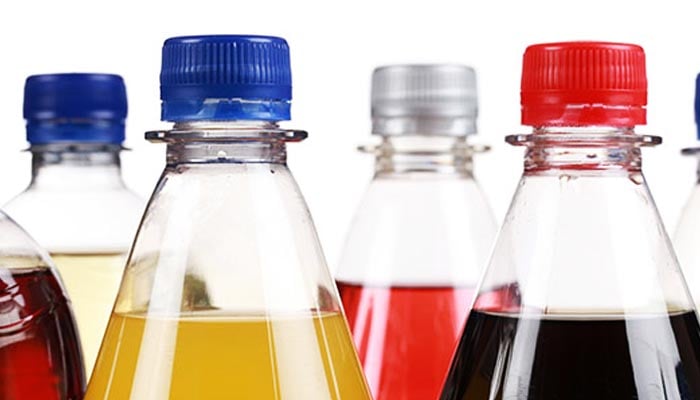[ad_1]

KARACHI: Healthcare professionals and experts Wednesday demanded the imposition of a 50% sales tax on Sugar-Sweetened Beverages (SSBs) in a bid to curtail the use of the drinks which are causing diabetes.
During a consultative meeting in the port city, the experts said at a time when the prevalence of diabetes in Pakistan is the highest in the world, increasing taxes and duties on SSBs would prevent diabetes, cardiovascular disease, and several other Non-Communicable Diseases (NCDs).
At the same time, the slapping of taxes on the drinks would also result in generating millions of dollars as revenue which can be used for health promotion.
“In Pakistan, the prevalence of diabetes is around 30.8% which is the highest in the world. One of the leading causes of diabetes and other NCDs is high consumption of sugary drinks,” Prof Abdul Basit, Secretary General of the Diabetic Association of Pakistan (DAP), said.
“We strongly believe that if taxes and duties on SSBs are increased up to 50%, the incidence of obesity and type-2 diabetes can be brought down significantly”, the medic said.
Senior health experts, nutritionists, activists and people from different walks of life unanimously demanded the authorities in Pakistan increase taxes and duties on sugar drinks and beverages by up to 50%, saying evidence from different countries of the world indicated that by making sugary drinks expensive, people could be prevented from getting obese and becoming diabetic.
Speaking at the meeting organised by the DAP in association with Pakistan National Heart Association (PANAH), Pakistan Nutrition and Dietetic Society (PNDS) and others, Prof Basit said authorities should increase Federal Excise Duty on sugary drinks from 20% to 50%.
Sugary drinks are, unfortunately, becoming an increasingly essential part of household food consumption with more than a 10% point increase in the last few years along with a gradual increase in production and decrease in price, he deplored.
Prof Basit, a renowned diabetologist, said sugar-sweetened beverages, including soft drinks, are any liquids that are sweetened with various forms of added sugars and include products ranging from sodas to flavoured milk.
“High consumption of these SSBs is one of the major causes of obesity and related NCDs, including diabetes. Unfortunately, SSBs are becoming an increasingly essential part of household food consumption.”
“Increasing intake of SSBs is a major concern for public health experts as this will continue [the] increase in obesity and related disease like diabetes,” he added.
According to him, revenue generated by increasing taxes could be used to extend Universal Health Coverage (UHC), saying the Philippines did the same and used the revenue for health promotion and prevention of diseases.
Munawar Hussain, Consultant Food Policy Program at Global Health Advocacy Incubator, said Pakistan’s economy was facing serious challenges where debt and liabilities were skyrocketing.
“Increased consumption of sugar drinks has put Pakistan into a diabetic emergency where every third adult citizen is living with type-2 diabetes.”
“In this situation, the Ministry of Finance should consider strategic interventions like increasing tax on sugary drinks to reduce the hospital expenditure and generate revenue to meet the shortfall,” he suggested.
Referring to a study by the World Bank, he said: “If FED is increased to 50% on all sugary drinks, it shall help generate annual economic value of health impact of 8.9 million US dollars and achieve health gain of 8500 Disability Adjusted Life Years (DALYS).”
“The WB study shows that the average annual tax revenue shall increase to 810 million US dollars for next 10 years”.
An increase of Excise Duty on all sugary drinks to a minimum of 50% in the 2023-24 budget can help prevent diabetes, heart disease, stroke and cancer in thousands of Pakistanis.
Increasing the tax on sugary drinks can help the government in bringing some relief to the low-income population through social safety nets, he added.
[ad_2]
Source link






